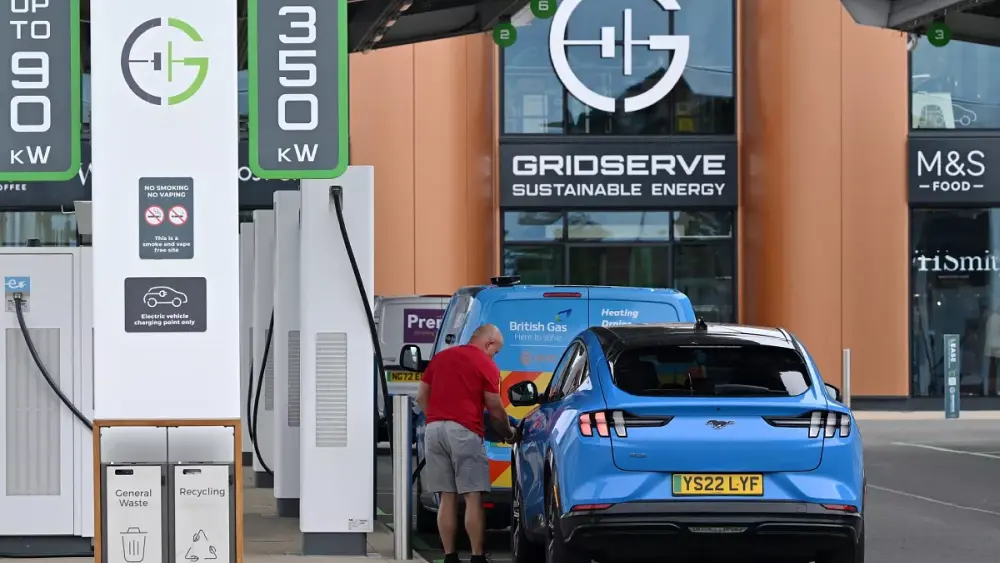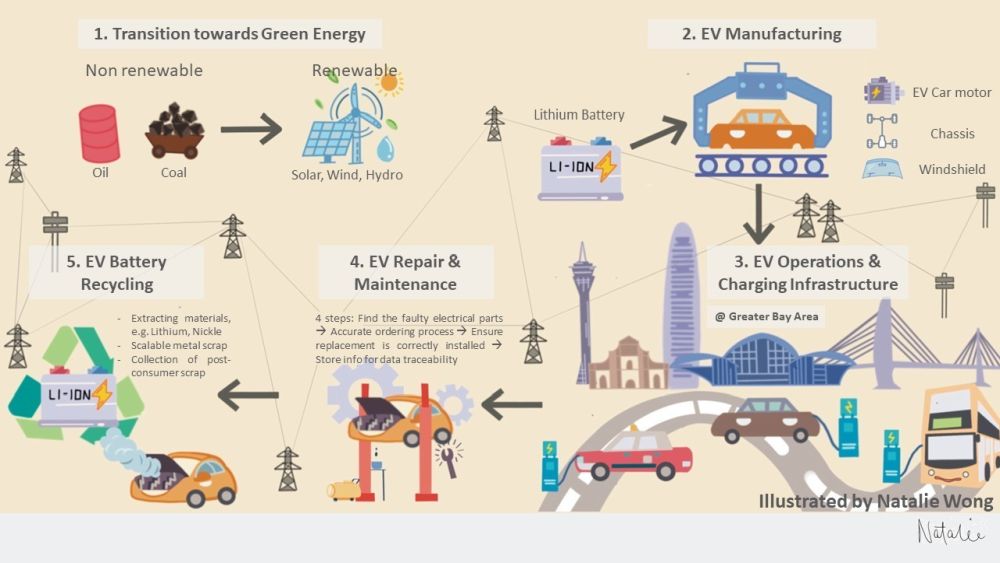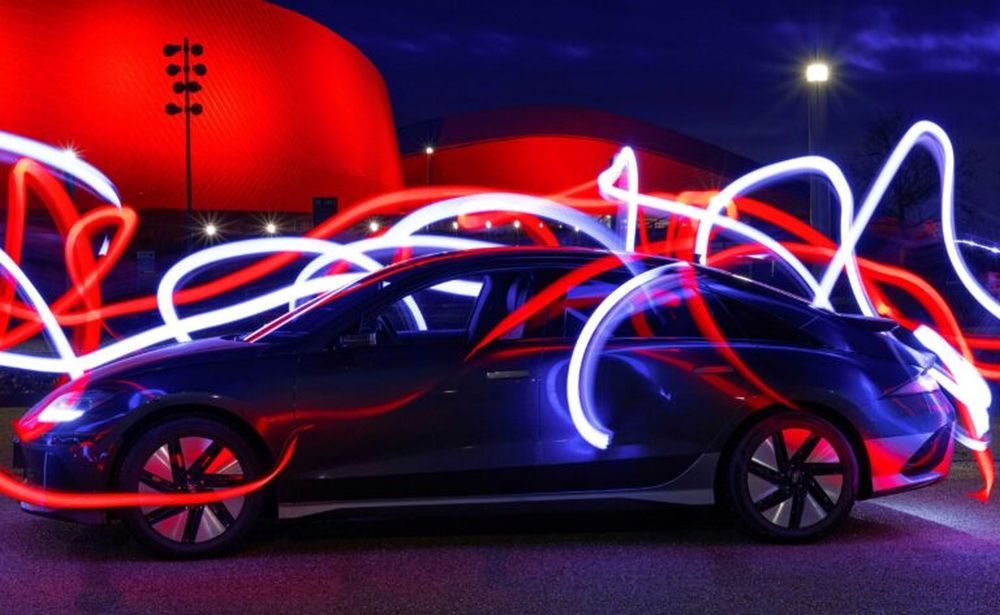A recent report by Lead the Charge examined 18 major global automakers to assess their efforts in eliminating emissions, reducing environmental harm, and addressing human rights violations in their supply chains. The results were concerning, with no company scoring above 50% and the average standing at just 22%. Tesla ranked the highest with 43%, followed by Ford and Mercedes-Benz. The findings indicate that while some automakers have strong sustainability policies in place, their actual implementation remains significantly lacking.

One of the biggest challenges facing the automotive industry is the decarbonization of steel and aluminum supply chains, which are among the largest contributors to global greenhouse gas emissions. Despite growing commitments to cleaner manufacturing processes, progress remains slow. Automakers have made strides in battery technology and electric vehicle production, but the report suggests they are failing to address the emissions-heavy processes involved in sourcing and producing essential raw materials.

Lead the Charge emphasized that transparency is key to achieving meaningful change, yet many companies still lack clear strategies for tracing the origins of their materials. Human rights concerns, particularly in mining operations for metals like lithium and cobalt, continue to plague the industry. While some manufacturers have pledged to clean up their supply chains, the report suggests that these promises are not translating into measurable improvements. Without strict enforcement and independent oversight, companies risk maintaining the status quo rather than pushing for genuine sustainability.

The report serves as a wake-up call for automakers and policymakers alike. With growing consumer awareness and regulatory pressure, the industry must act swiftly to address these concerns. Sustainable practices in steel and aluminum production, ethical sourcing of raw materials, and greater transparency are essential if automakers want to build a future that is not just electric but also environmentally and socially responsible.

#EV #Sustainability #Automotive #SupplyChain #ClimateChange #Tesla
